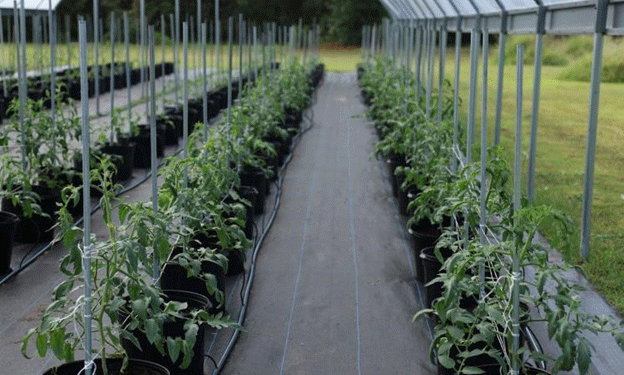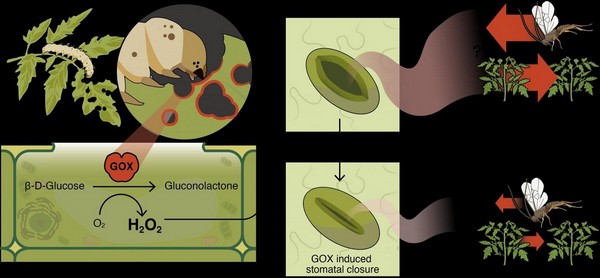Greenhouses, once primarily valued for their ability to extend growing seasons and protect crops, are now being recognized for their potential to combat global warming. According to a new study, the growing expanse of greenhouses worldwide could significantly impact climate regulation, offering an innovative solution to mitigate the negative effects of climate change.
The Expanding Greenhouse Effect
Recent research has highlighted that the cumulative area of greenhouses globally now equals that of the state of Connecticut. These structures, equipped with reflective roofs, contribute to cooling the atmosphere by reflecting sunlight. Xuehua Fan, an expert from the Beijing Institute of Atmospheric Physics, describes these greenhouses as nearly engineering marvels due to their large-scale reflective surfaces.
The study estimates that the reflective properties of greenhouse roofs can reduce warming by approximately 20 watts per square meter. This substantial reflection of sunlight helps lower local temperatures, potentially offering a countermeasure to the heat islands prevalent in densely populated urban areas.
Practical Impact Observed
This phenomenon has been tested in the vast greenhouse fields of Almería, Spain, an arid region that has become a significant vegetable-growing hub. Over 23 years, researchers observed a 0.7°C decrease in the region’s average temperature, attributed to the reflective properties of the greenhouses. This area, spanning 50,000 hectares, produces around 3 million tons of vegetables and fruits annually, supplying numerous European countries.
Global Developments
The most rapid development of greenhouse technology is occurring in China and the United States. These countries boast the largest greenhouse areas, with significant expansion also observed in Europe and Asia, particularly in major agricultural regions. Despite some negative effects, such as potential habitat loss and resource use, greenhouses continue to contribute to advancements in food production while also addressing climate change impacts.
The surprising cooling effect of greenhouses represents a promising development in the fight against global warming. By leveraging their reflective properties, greenhouses can help reduce local temperatures and mitigate heat in urban environments. As greenhouse technology advances and spreads, its dual role in enhancing food production and countering climate change underscores its importance in future agricultural strategies.











